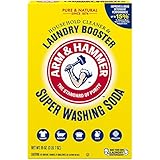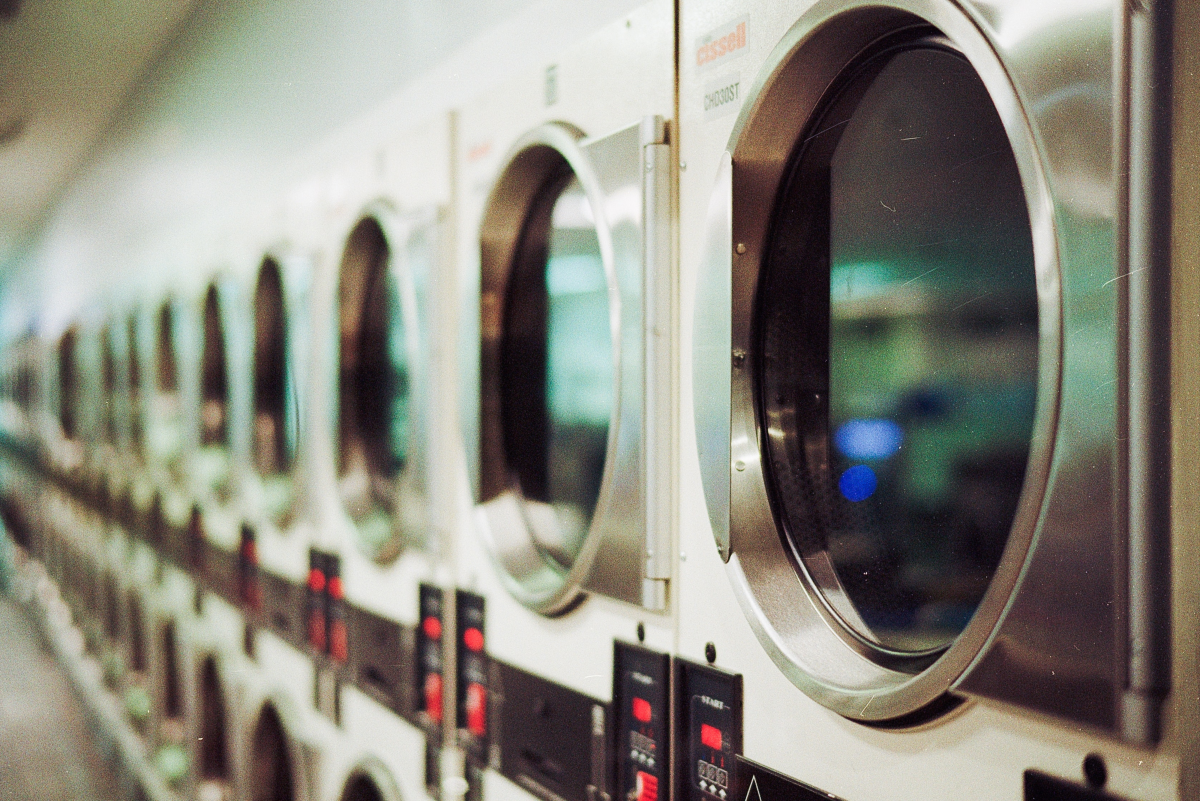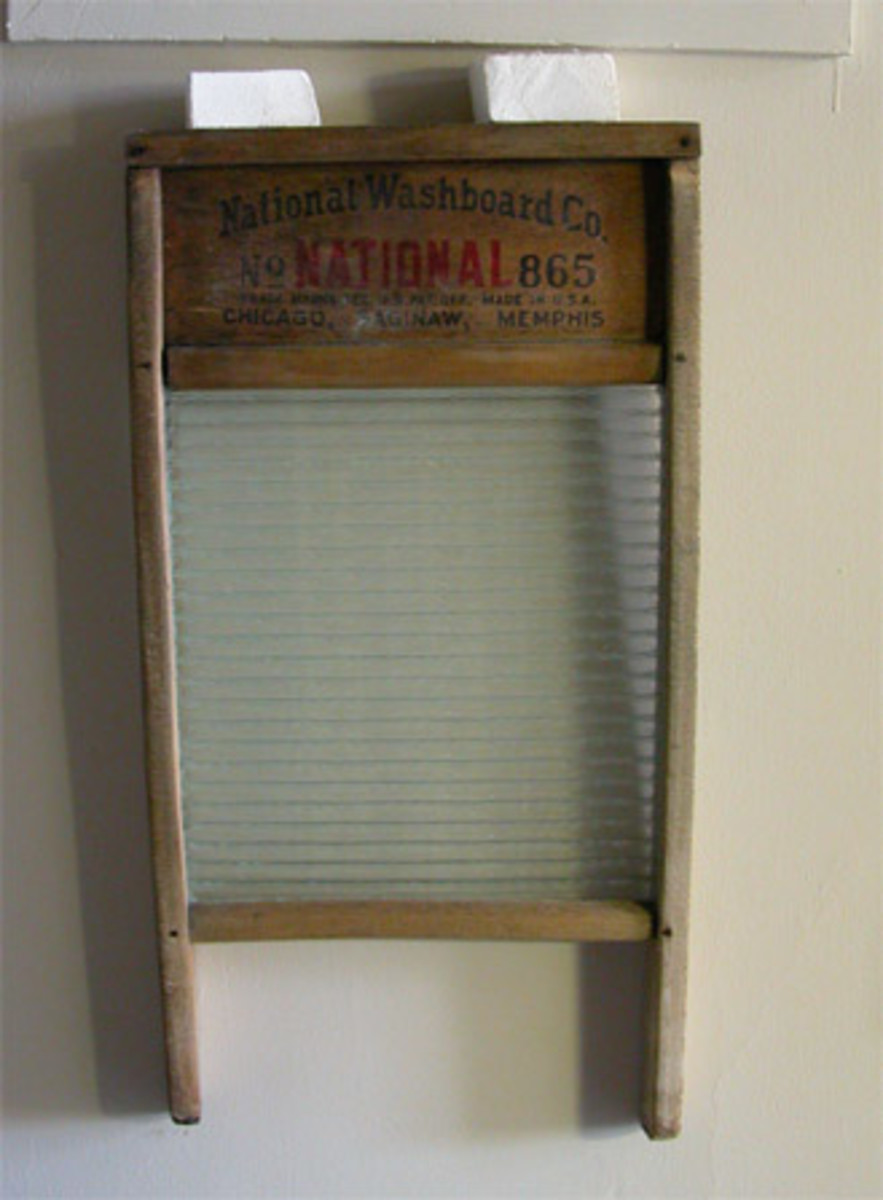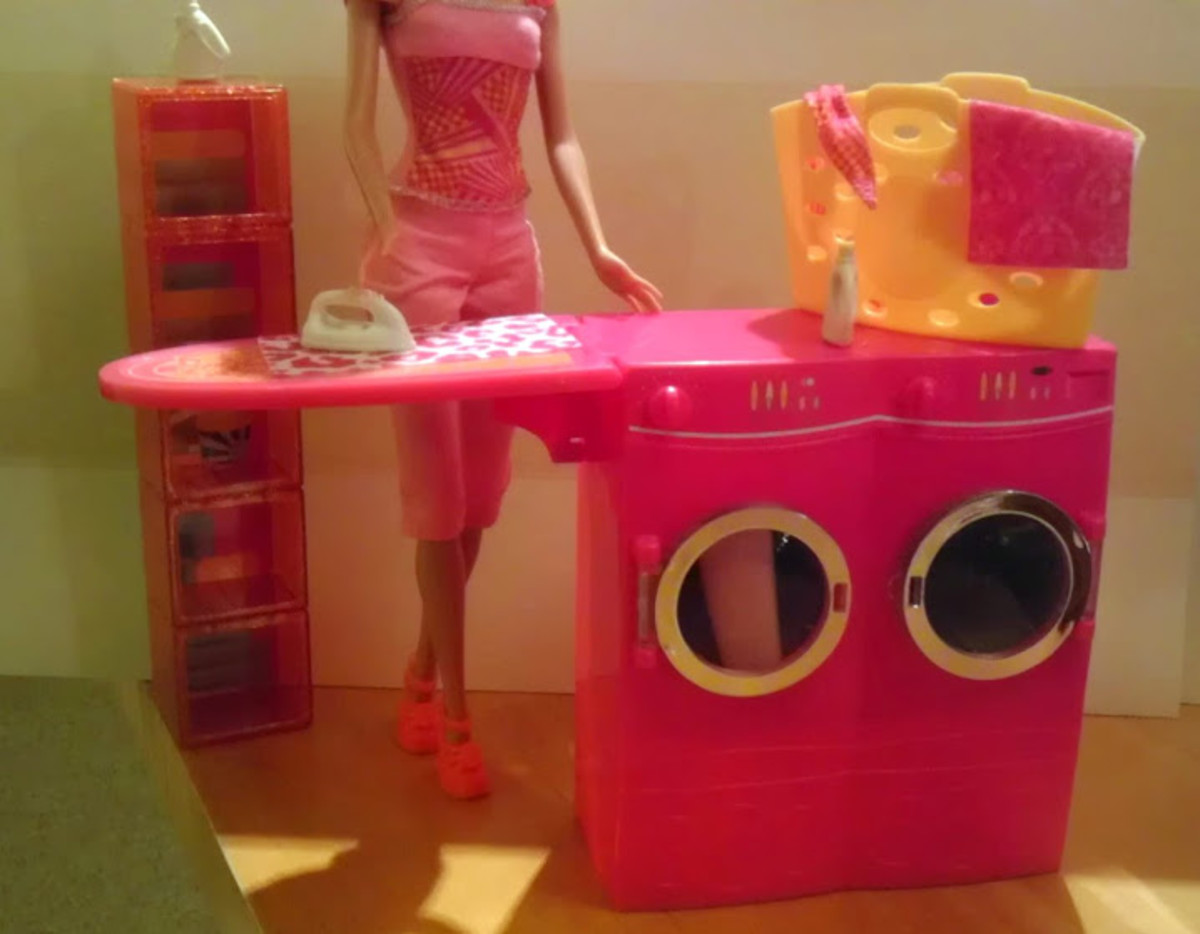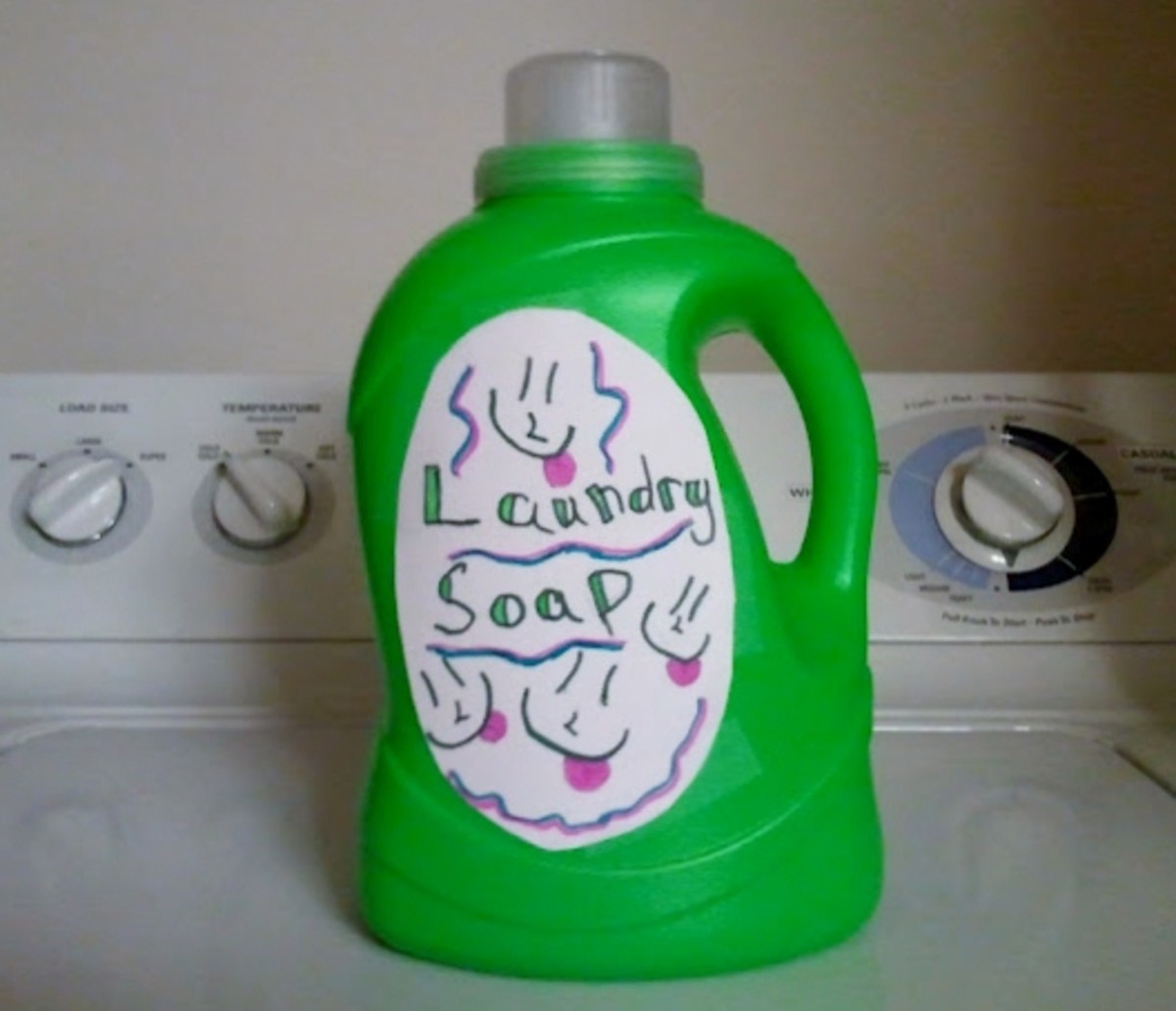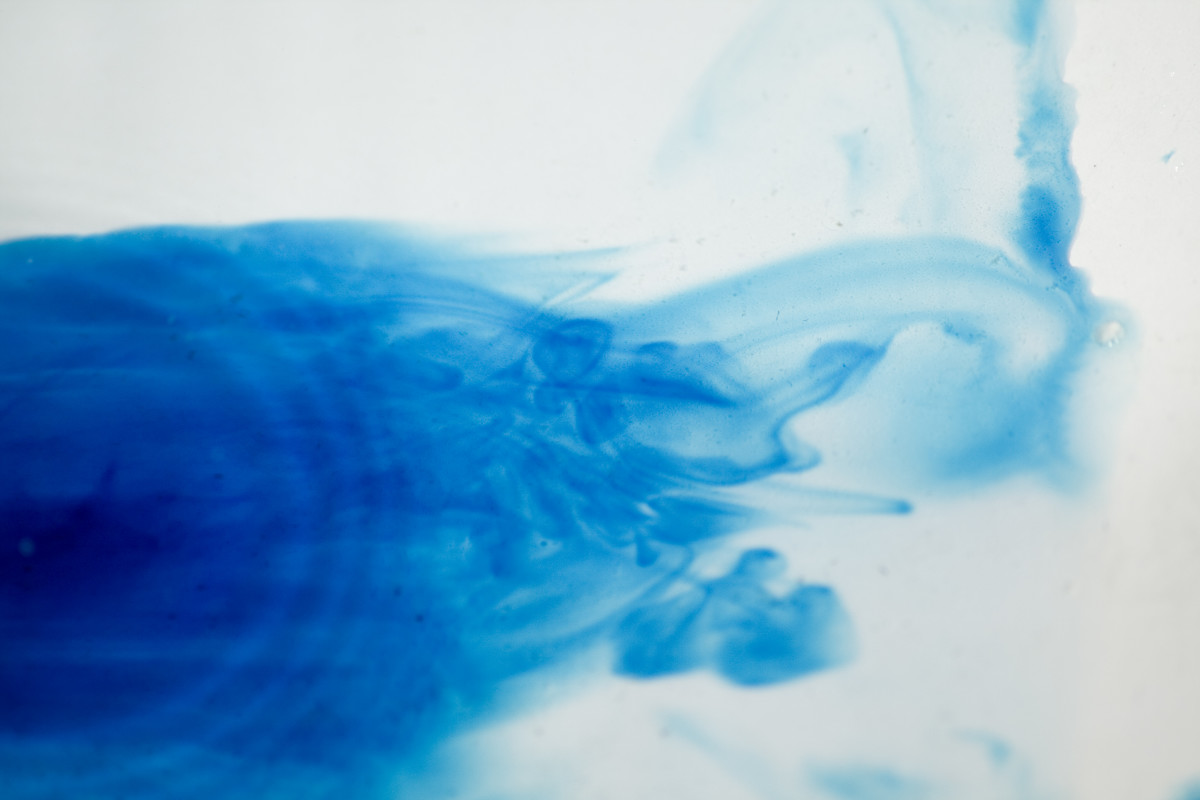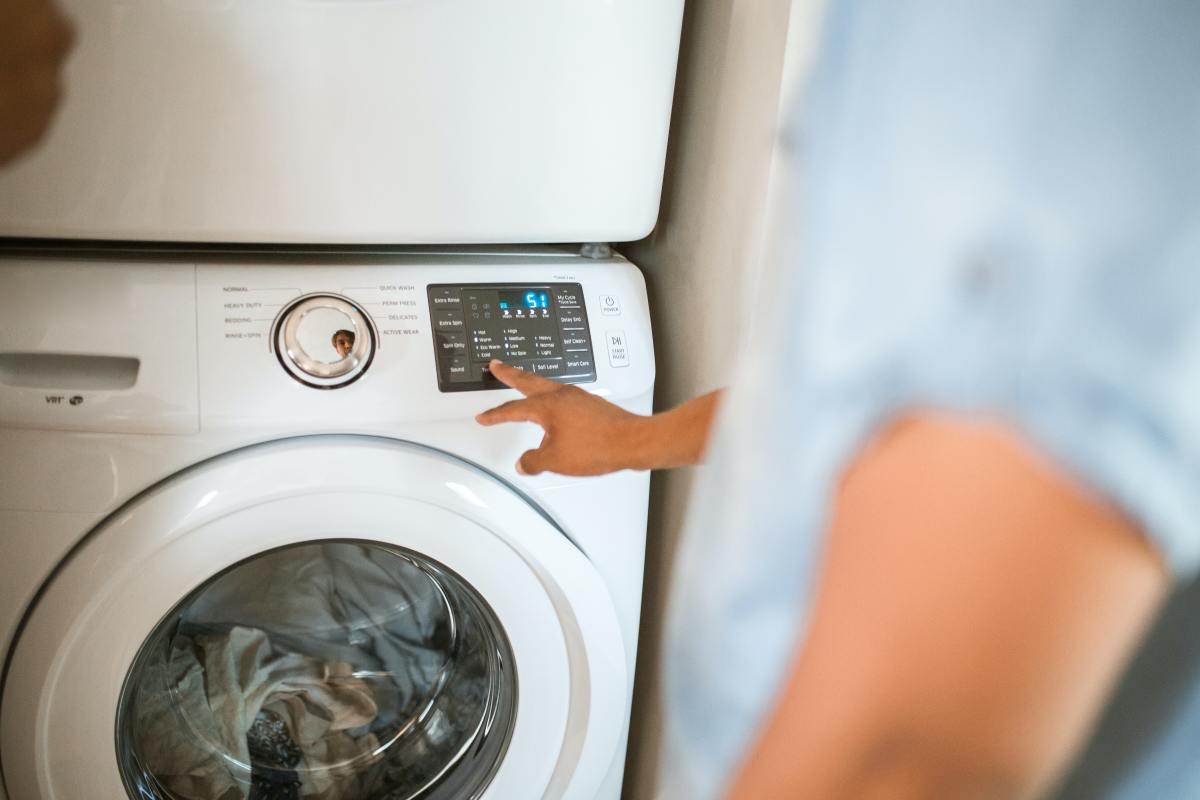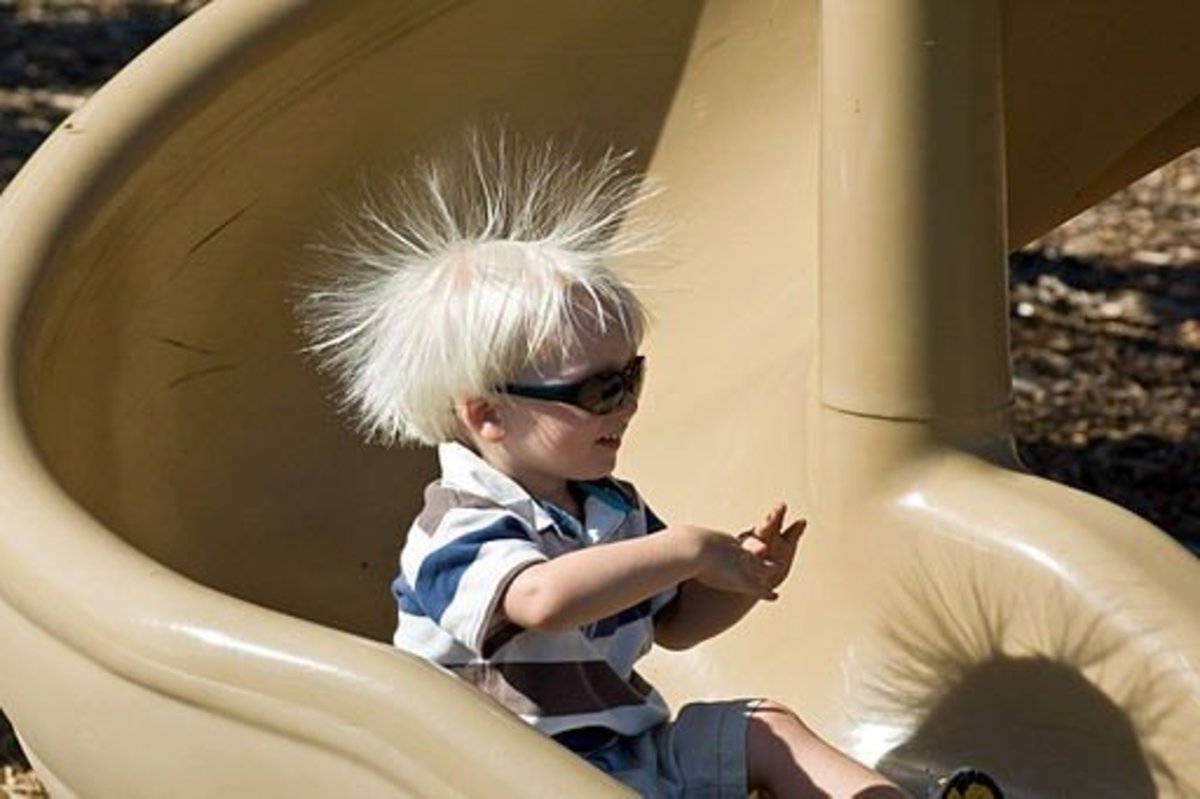Laundry Basics: Helpful Tips to Extend the Life of Your Clothes While Saving You Money.
I'll be honest, I enjoy cleaning and I don't mind doing laundry. For others, however, it is a chore that is left until the bureau drawers are empty or there's no time to stop at the nearest department store.
With a few easy habit-forming steps, you can make this treaded chore a simple domestic task while saving you money and making your favorite shirt stay that perfect crimson color or that just-like-new white.
8 Green Laundry Alternatives For Bleach
Did you know that bleach can very often turn your whites a dingy yellow color? Did you know that bleach is harmful to your septic system? Bleach has been used for years and there are certainly many people that still love using bleach and, frankly, love it's smell. There are other products and ways to clean and brighten without using bleach. There cleaning and brightening powers are often better than bleach and costs much less. Then there is the thought that without a bottle of bleach, you do not need to worry about little ones getting into a dangerous situation.
BAKING SODA: Baking soda has so many varied uses, including boosting your laundry detergents cleaning power. Add 1/2 cup of baking soda to the wash cycle along with your laundry detergent.
HYDROGEN PEROXIDE: Like baking soda, hydrogen peroxide is a multi-purpose household staple. Use a 1/2 cup, added to your laundry detergent, to help brighten whites.
SUNSHINE: Sure, drying your clothes on the line saves money, but allowing clothes to dry in the bright sun truly brightens your whites while the ultra-violet rays disinfect and the fresh air leaves a wonderful scent.
OXYGEN-BASED BLEACH: Slightly better for the environment than chlorine bleach, oxygen cleaners are best suited for soaking clothes.
VINEGAR: Presoaking your whites in distilled, white vinegar helps brighten them. Adding the vinegar to the rinse cycle will also help eliminate odors and soften clothes.
BLUING: Using a color remover or liquid bluing will restore some of the brightness to your whites.
BOILING WATER: Allowing your dingy whites to soak in a pot of boiled water will help revive them. This is not a good method for delicate items, but certainly works well for face-clothes, towels and dish towels.
WATER SOFTENER: If you have hard water, you have minerals that are settling onto your clothes. Adding a water softening system will help maintain your whites.

CAUTION: Liquid bluing is a wonderful product for brightening whites, but it must be used carefully. Do NOT allow bluing to come into contact directly with your clothes. I recommend filling a basin with water and adding a few drops of bluing. Test a baby diaper or rag first before submerging anything of value or fondness.
Follow the manufacturers direction for best results.
7 Ways To Cut Laundry Costs
Use Cold Water: Unless your clothes are particularly soiled, washing your clothes should almost always be done using the coolest water temperature.
Use The Correct Cycle: If you're washing items that need little cleaning and were only gently worn, there is no need to run the longest cycle. Often times, by pre-soaking you can shorten the cycle time and still have clean clothes.
Use The Correct Amount Of Detergent: Most of us tend to use far too much detergent. The adage, "the more the better" is untrue. First, you are wasting your money. Second, the extra detergent is, most likely, leaving a film on your clothes and therefore on you. To remove the excess residue you may need to run the washing machine on a longer cycle then necessary. Residual soap scum will ultimately cause your clothes to stain.
Use The Power Of The Sun: For obvious reasons, drying your clcothes in the sun saves money.
Wear your clothes more than once: Sweaters, for example, can be worn several times before they require cleaning. The more often that you can wear an item of clothing, the less laundry you'll need to wash.
Learn The Tricks: The more you understand how to prevent and how to fix laundry problems, the less you'll need to have your clothes professionally cleaning.
Stop Buying So Many Cleaners: There really is no need to buy multiple detergents and softeners. Baking soda and vinegar are two of the most effective laundry boosters and cost far less than most commercial brands.
Tips that can help you extend the life of your clothes
It may not matter than your shirt from Target didn't stand the test of time, but you only paid $20.00 dollars for it. My guess is, however, that when your blouse from Ann Taylor which cost you half a paycheck begins to look a bit worn after only a few wears, you're going to be upset. You work too hard for the things you buy and well made clothes are expensive. If you take good care of those clothes, that wardrobe with last years and make you look fabulous day after day.
TEND TO THE STAINS IMMEDIATELY: The best way to remove dirt and stains is to treat them quickly. Try not to let soiled clothes pile up for weeks before washing them.
READ THE LABLES: This may seem obvious, but knowing what the clothing manufacturer recommends for cleaning is the best information you can have.
SORT YOUR LAUNDRY: This, too, may seem obvious, but I'm not talking about just separating the whites for the darks. Sort your clothes in 'like' piles; delicates, workout clothes, linens, pet beds and blankets.
USE A MESH BAG: Mesh laundry bags are a perfect way to protect your delicates.
STOP USING SO MUCH DETERGENT: Laundry detergent that doesn't get properly rinse leaves a film on your clothes and can ultimately create stains.
ZIP IT: You may already be in the habit of checking pockets for anything harmful that can reek havoc in the wash, but there is one other thing you can be doing to help protect your wardrobe. Zip your pants, button the collars, turn darks and sweaters inside out. All these habits help maintain the shapes of your clothes and also help them from snagging either to another garment or to the machine.
DON'T OVERLOAD: Putting too many clothes in one load does not allow the clothes to tumble freely and therefore do not clean as well. Once the less-than-cleaned clothes are dried, the stains tend to settle.
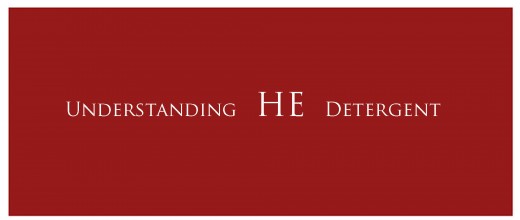
I recently had a friend tell me she could only use HE detergent in her new washing machine because the clerk who sold her the machine told her so.
I was surprised to hear this and quickly realized that there are still many people who are misguided by the term and usage of HE products.
HE or High-efficiency laundry detergent is simply formulated to be low sudsing. Most new machines, front-loading machines in particular, are manufactured to use less water. Using high sudsing detergent requires more water than the machine uses and therefore suds will remain.
I know if is a difficult concept to accept because many people love the billowy bubbles created by most commercial cleaners and shampoos, however, it is NOT the suds that are getting the job done. Suds Don't Clean-cleaners clean.
Don't Forget To Clean Your Washing Machine.
During the rinse cycle, the dirty water is flushed from your washing machine, but after awhile, some dirt and debris remains and in order to have clean clothes, you must have a clean machine.
Most newer models have a 'clean' cycle, but older machines can be cleaned using this same method.
Pour 1/2 cup liquid bleach into machine and run on longest cycle. Once completed, pour 1/2 cup white distilled vinegar into machine and, again, run on the longest cycle.
*Always remember to leave washing machine door propped open slightly to admit air flow.
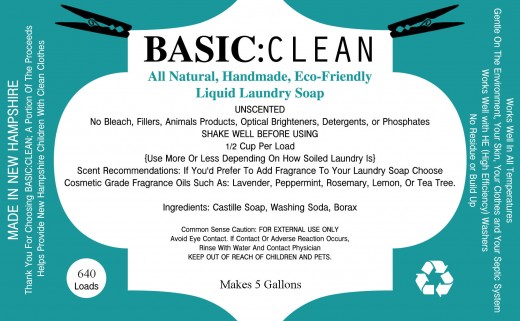
I've been making my own laundry soap for years. It is very easy and extremely cost-effective. There are various methods and a variety of recipes searchable on the web.
Although, I choose not to use Fels Naptha soap, there are many who do and claim that it works quite well.
If you are interested in making your own homemade laundry detergent here are a few of the supplies you will need:

